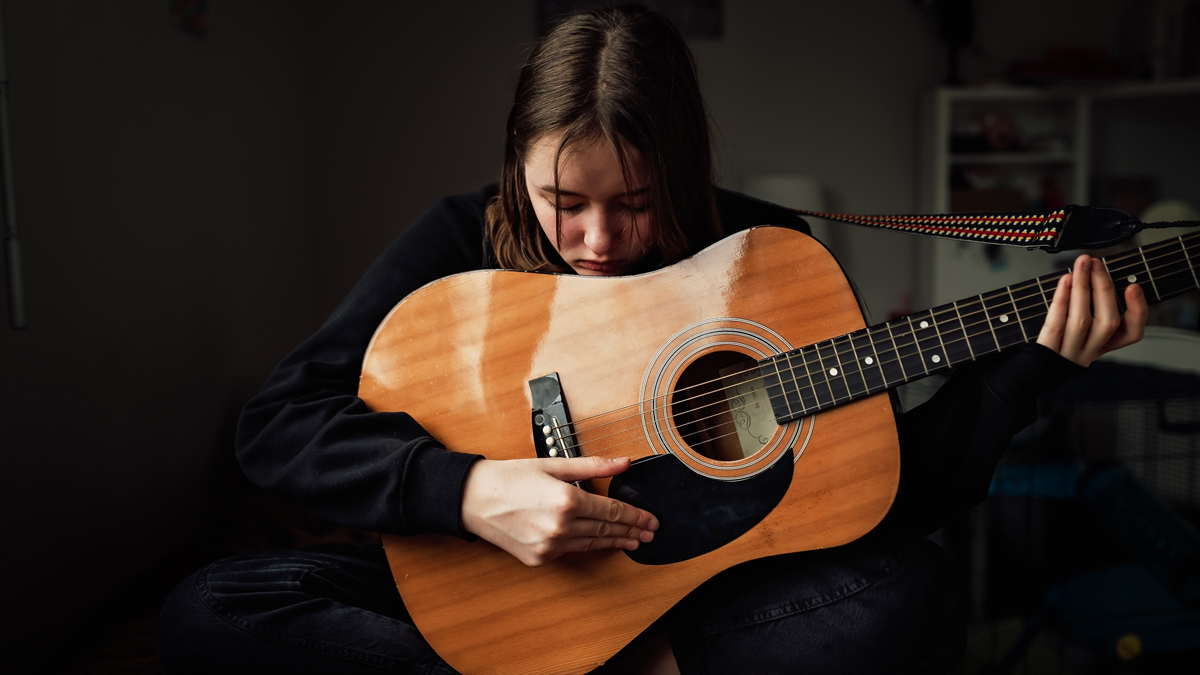9 in 10 musicians say their mental health has deteriorated due to the COVID-19 pandemic
Loss of income and inability to perform live are top concerns, according to a new report

Thankfully, there has been plenty of attention paid to the impact of the COVID-19 crisis on the financial livelihood of music industry workers over the past year.
Less discussed, however, is the mental and emotional toll that 12 months (and counting) of no live music has taken on artists.
But a new study by UK independent charity Help Musicians has shown the effects to be severe. From a sample group of over 700 musicians across the UK, findings reveal that 87% say that their mental health has deteriorated since the start of the pandemic, with over half (59%) saying worries about the impact of Brexit on the music industry are contributing.
The findings have led Help Musician’s chief executive James Ainscough to call the situation a “hidden crisis amongst musicians”. As a result, the charity recently expanded its mental health service provision to support the current and future need.
Chief among respondents’ concerns is economic stability. The research revealed that 96% are worried about their financial situation, with 70% not confident they will be “able to cope financially” over the next six months. Additionally, over half reported they currently have zero income from music and are relying on either universal credit or loans or handouts from friends or family.
The study went on to report that 24 percent of those questioned said they are currently considering leaving the music profession for good.
Alongside financial worries, other aspects negatively impacting musicians’ mental health include a “lack of certainty about the future,” “not being able to perform” and “having no purpose”
The research suggests that most musicians are not getting the support they need, with four in five of those experiencing mental health problems saying they have not yet received a clinical mental health diagnosis to confirm their issues and to allow them to secure professional help.
Get The Pick Newsletter
All the latest guitar news, interviews, lessons, reviews, deals and more, direct to your inbox!
Alongside financial worries, other aspects negatively impacting musicians’ mental health include a “lack of certainty about the future,” “not being able to perform” and “having no purpose”.
In response, Help Musicians has bolstered its mental health services, with a 24/7 counseling phone line, as well as a debt service that offers advice and counseling to musicians experiencing money issues.
Said Ainscough, “We can’t sugar coat these findings – we are facing a mental health crisis amongst musicians on an unprecedented scale. Whilst there may be light at the end of the tunnel with a roadmap out of lockdown revealed, there is still substantial uncertainty around how quickly the music industry can recover, plus the catastrophic impact of the Brexit deal on musicians’ ability to tour. After a year of hardship, the ongoing uncertainty for musicians is taking a huge toll on mental health.
“We have been offering ongoing financial support to thousands of musicians throughout the pandemic, but offering money is just one part of what musicians need – we have also had to completely revamp the mental health support we offer to address this rapidly unfolding crisis.
“Musicians who cannot work don’t just suffer financially, they grieve for the creativity and connections that their music usually brings. This is why we have bolstered our mental health support for musicians across the UK. If you are a musician who needs urgent help or simply a listening ear, please call Music Minds Matter .
Additionally, donations can be made via the Help Musicians website, with 100 percent of the funds supporting those in need. For more information, head to Help Musicians.
Rich is the co-author of the best-selling Nöthin' But a Good Time: The Uncensored History of the '80s Hard Rock Explosion. He is also a recording and performing musician, and a former editor of Guitar World magazine and executive editor of Guitar Aficionado magazine. He has authored several additional books, among them Kurt Cobain: Montage of Heck, the companion to the documentary of the same name.











